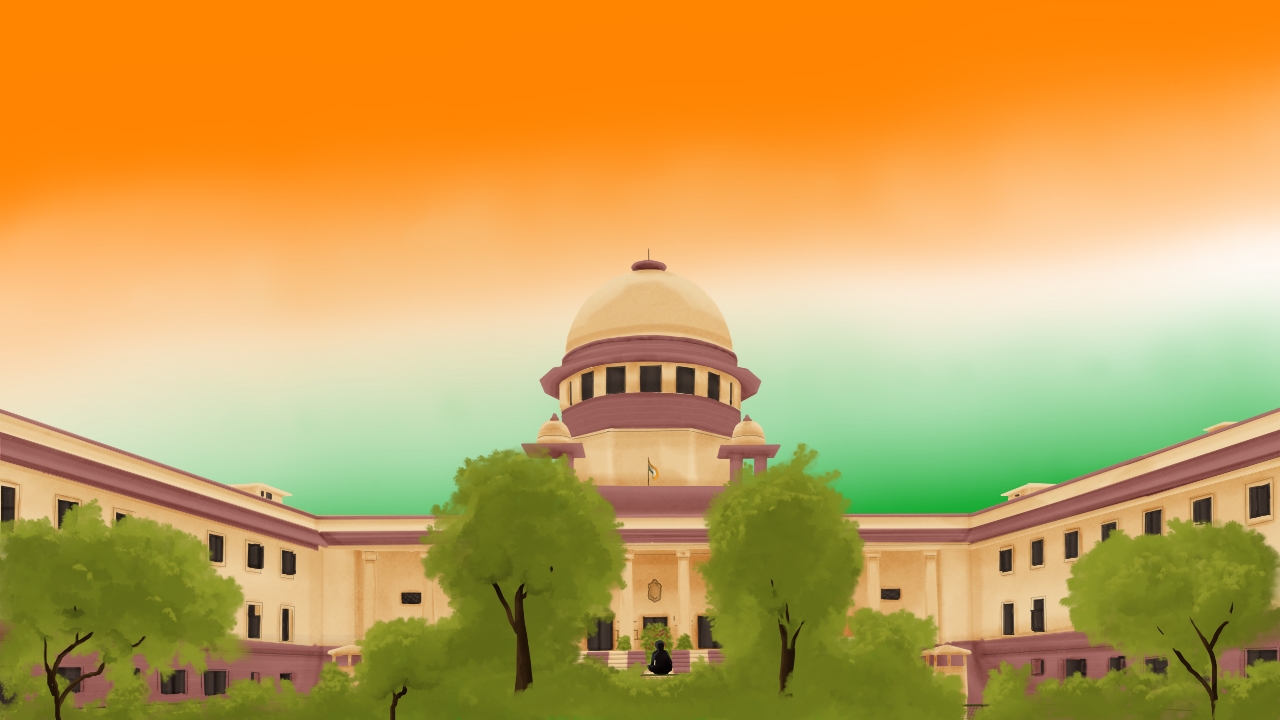Supreme Court hears plea seeking Uniform Minimum Age of Marriage for Men and Women: Centre seeks four weeks to reply

In the matter of Ashwini Kumar Upadhyay v. Union of India, petitioner has approached the Top Court under Article 139A(1) of the Constitution to transfer and allow a collective hearing on Uniform Minimum Age of Marriage for Men and Women in the spirit of Articles 14, 15, 21 and International Conventions.
Centre has sought four weeks to reply.
Directions have been sought for (1) Transfer of similar petitions from Delhi High Court and Rajasthan High Court respectively (2) Central Government to take appropriate steps in order to remove the anomalies in the minimum age of marriage and make it gender neutral.
“The distinction is based on patriarchal stereotypes, has no scientific backing, perpetrate de jure and de facto inequality against women and goes completely against the global trends”, the plea states.
Grounds for transfer and adjudication, inter-alia, preferred;
- Fundamental basis of the legal system is that the dispute should be finally settled and when the same facts are placed in different petitions before the High Courts, there is likelihood of divergence of views.
- Right to live with dignity implies right to not be perceived as unequal or inferior in the society.
- In Joseph Shine case, (2019) 3 SCC 39, the Apex Court held that treating women differently based on gender stereotypes causes direct affront to women’s dignity, violating Articles 14,15,21.
- Any legal provision that perpetrates or reinforces discriminatory stereotypes against a class of persons is manifestly arbitrary and violative of Articles 14, 15 and 21.
- Law Commission Report has observed that there exists no specific ground for such disparity and it, “simply contributes to the stereotypes that wives must be younger than their husbands”
- Committee on elimination of Discrimination against women has noted that, “Some countries provide for different ages for marriage for men and women. As such provisions assume incorrectly that women have a different rate of intellectual development from men, or that their stage of physical and intellectual development at marriage is immaterial, therefore, should be abolished.”
- Article 16(1)(a) of the CEDAW requires States who are parties to the Convention to eliminate discrimination against women in all matters including marriage and to ensure that women have the same rights like men, to freely choose a spouse and enter into marriage with full and free consent.
- As per WHO Report, women who get pregnant before the age of 20, “face higher risk of low birth weight, preterm delivery and severe neonatal conditions”
- Article 21 casts an obligation upon the State to ensure creation and sustenance of good health to all.
- Being the custodian of the Constitution and protector of the Fundamental Right, the present Court has the authority to pass appropriate direction in the said matter.
